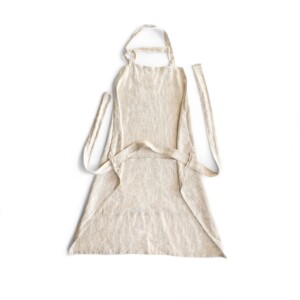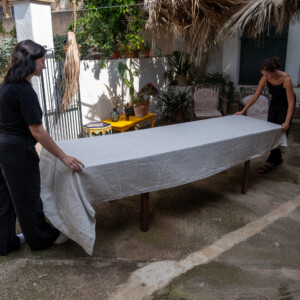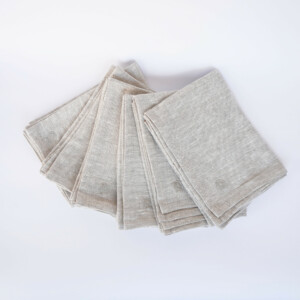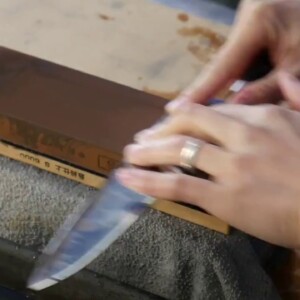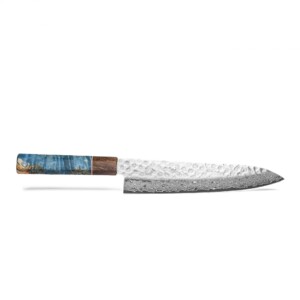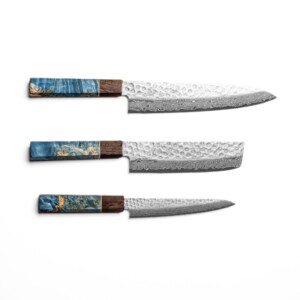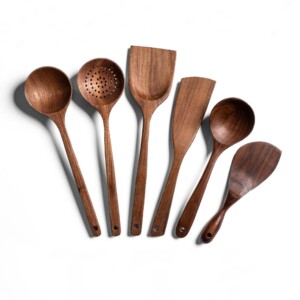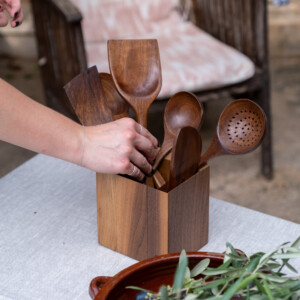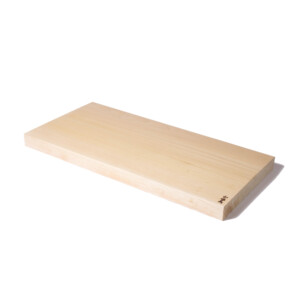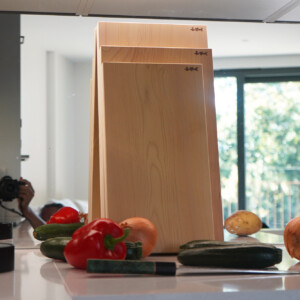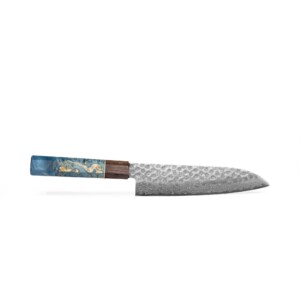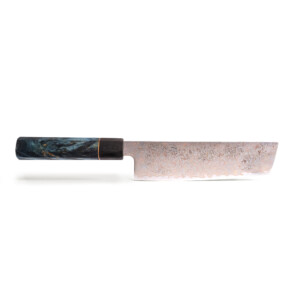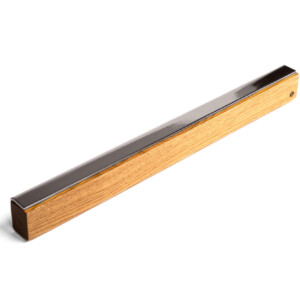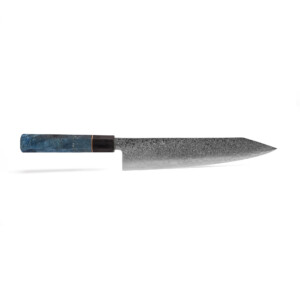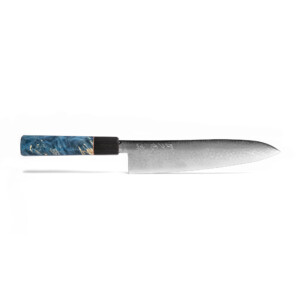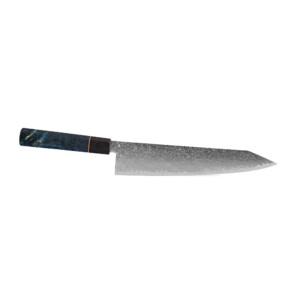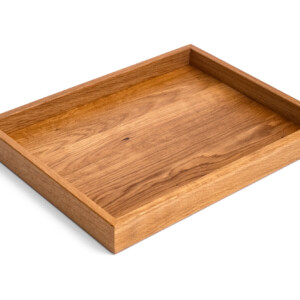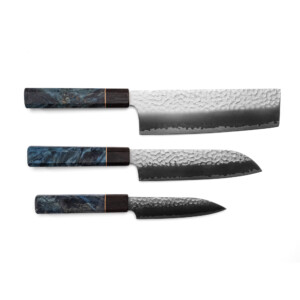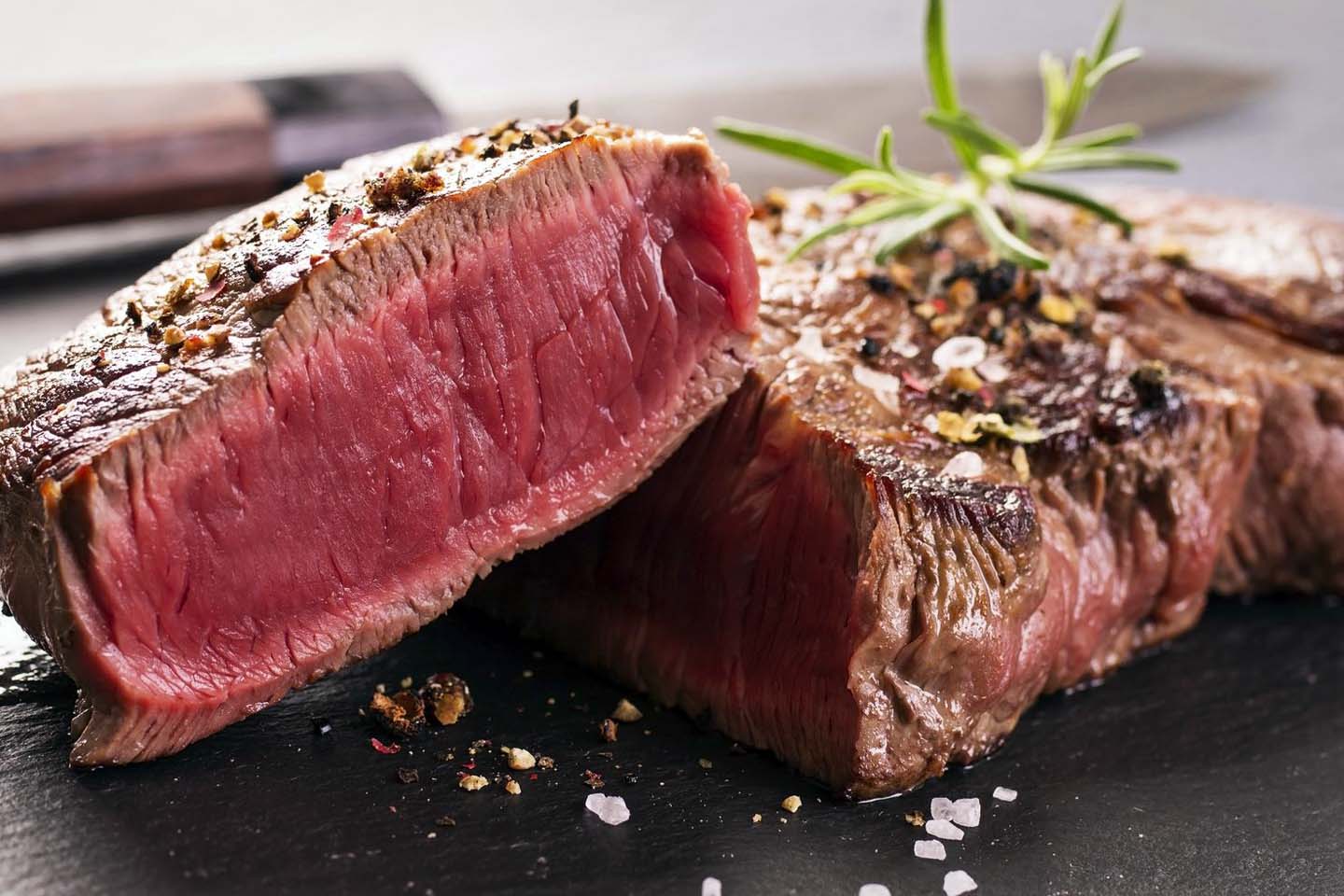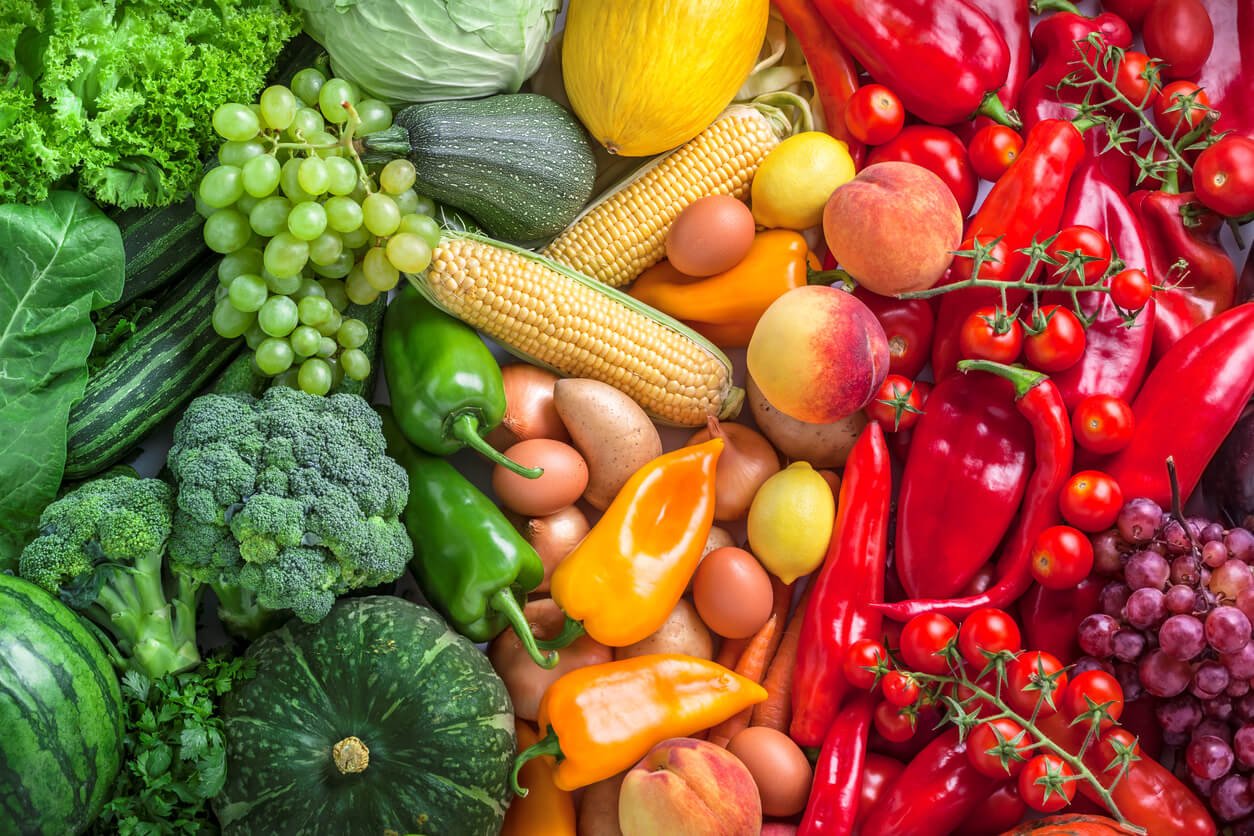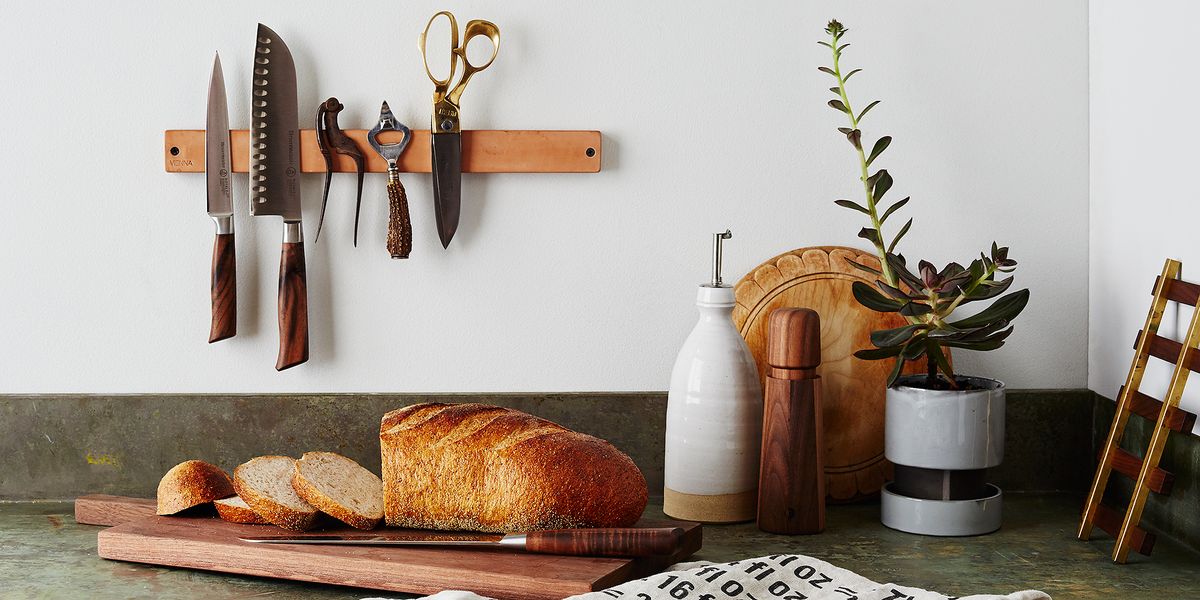With endless ready-made and take-away options, cooking at home has become more of a pleasure and a mindful way to spend time with your loved ones, rather than a necessary house chore. And while you’re enjoying yourself in the kitchen creating, from time to time you may end up with a serious mess and many splashes along the way. That is why choosing high-quality kitchen linen to protect your clothes and precious furniture, while absorbing or wiping any splatters can save you a lot of time. It can keep the cooking process hassle-free, and eating on linen covered table – simply cosier.
There are many reasons why linen should become your most welcomed kitchen choice, and why linen is so popular all over the world – even despite variety of other fabrics available to you. So let’s discuss what makes linen a perfect material and a go-to choice for the kitchen.
The plenty benefits of linen
Linen is among the most popular materials used in kitchen accessories. It is found in almost every kitchen due to its functional and aesthetic properties and it’s used both by professional chefs and anyone who loves to cook. Why linen is one of the best materials for your kitchen and why do we think you’ll love it as much as we do? Well, there are many reasons for that;
- It’s healthy for your body – Linen fibres are naturally anti-bacterial, hypoallergenic and anti-mycotic. It has a natural pH balance, which helps to soften and preserve the skin.
- 100% locally grown – you should always choose locally grown products to save on that CO2. As we’re based in Europe, we source our linen locally. All of the flax, which is the plant where the linen fibres are from and which is used to make our products, is grown organically in France and Italy where the plant is native, and then woven into linen at a small family run mill that we work with, using traditional craftsmanship and techniques.
- It’s eco-friendly – Flax needs no irrigation, rainwater is enough, so growers use less fertilisers or pesticides which make linen a beautifully natural material. It also has a chemical-free finishing compared to cotton, all the reasons why linen is the greener fabric by far to other materials.
- It’s incredibly absorbent – Linen is incredibly absorbent while still feeling dry to the touch. Due to its natural hollow fibres, it can absorb much more than any other material incl. cotton – making it perfect for kitchen tea towels or aprons.
- It’s very resilient in the kitchen – Linen is 30% stronger than cotton which makes it much more durable for usage around the home. Tea towels are long-lasting and actually get softer the more they are used. The best part? Linen fibres do not break down and actually get better the longer you use it. This is why dishes and glasses are always lint free.
- It’s very comfortable – Breathable like a second skin, linen can help to regulate your temperature. It absorbs moisture in the heat and retains body heat in the cold. Cotton sheets tend to break down after a few years whereas linen actually only starts to shine after 3 years. With our stonewashed linen, we practically fast-forward to the 3 year feeling so you can experience extra softness immediately. Linen is the smartest choice you can make – it is long-lasting and looks incredibly beautiful the older it gets.
- Wrinkles are a built-in feature …because who has time for ironing?
Why are the best kitchen accessories made from stonewashed linen?
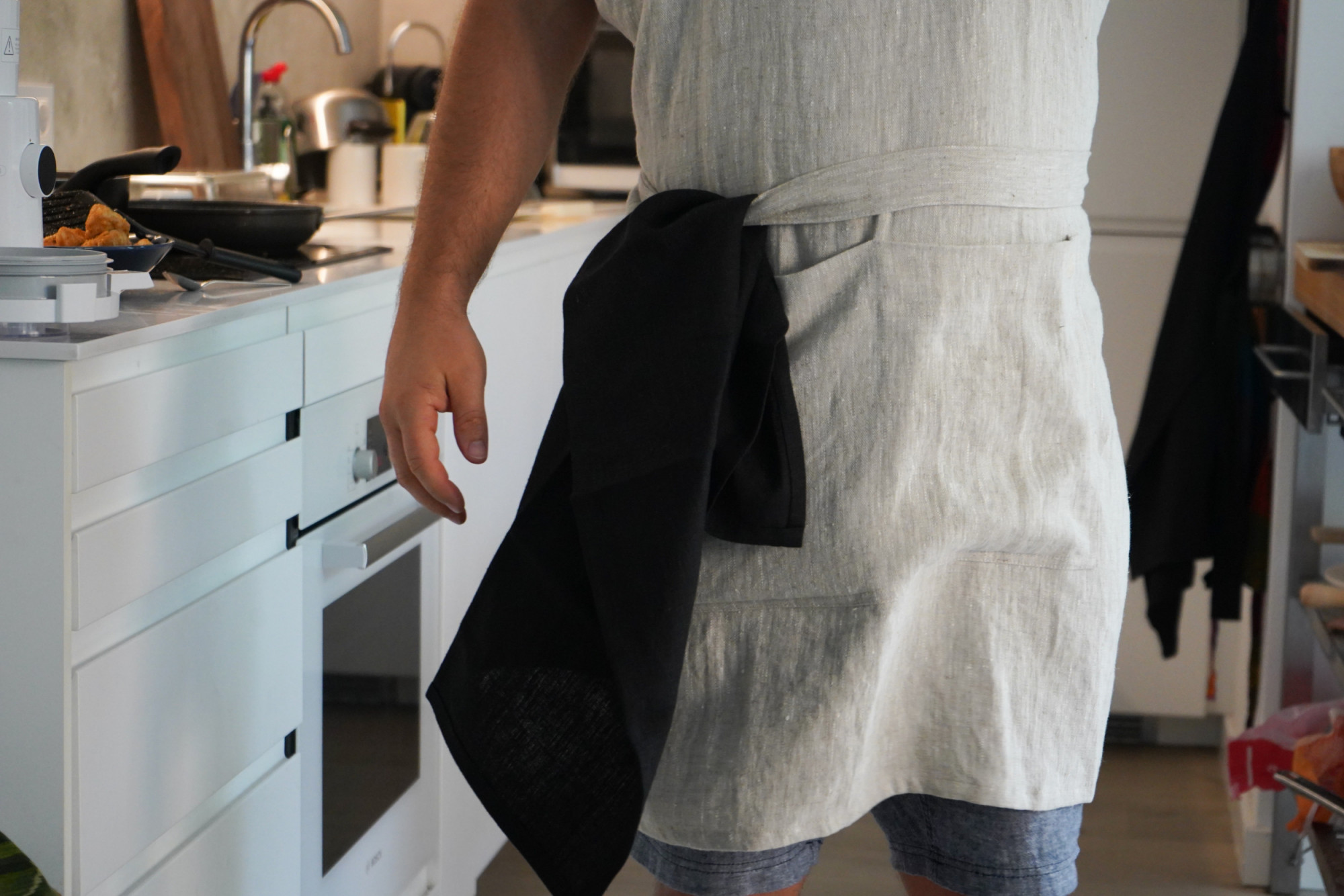
You may be wondering what is a stonewashed linen and why such a name? Yes, the actual stones play part here. To accelerate the garment wash effect, while making it softer and to give textile items an even more unique appearance, stones are used in the manufacturing process. Hence the name – stone washed. Linen pieces are washed together with man-made and natural stones, such as pumice or volcanic rock. Stonewashed linens are soft, hang beautifully and have a charming fade to the colour.
Have you ever had an apron or a kitchen towel that loses its form and quality after only a couple of washes? This will not happen with stonewashed linen. Holding the title of the strongest natural fiber known, stonewashed linen is highly durable and can undertake many washing cycles. In fact, it gets even better and better with each wash as it becomes softer due to tiny breakages in the fibers. The more you wash your linen apron, towels or kitchen table linen, the more lived-in they become without losing their quality. So feel free to enjoy your favourite kitchen pieces every day, without the fear of ruining them.
When it comes to washing, there is a widely spread misconception that linen requires special care. The truth is, it’s as easy as all your other cotton fabrics. It can be easily machine or hand washed in up to 40 oC / 100 oF water.
And when you let your hair down in the kitchen while .e.g making another sourdough bread, chances are your kitchen apron and kitchen towels will get stained quite a lot. Thanks to the great properties of linen, you can wash them as often, as you want.
Whether it is tomato soup or blueberry cheesecake that you are making, accidental spills are no doubt going to happen. It is the worst thing to have a kitchen fabric with zero absorbency, that only spreads the spill instead of soaking it in. Luckily this is not the case with linen. Linen is a highly absorbent fabric, gifted with great moisture-wicking properties – it’s fast to absorb moisture and will not take long to dry. For this reason, e.g. linen tea towels can be used a bit longer before they need washing when compared to cotton towels.
Another great and important reason to use linen in your kitchen is sustainability. Whether you are eco-conscious and try to lead a good lifestyle example or simply value long-lasting and environmentally friendly things, linen is a great option to have in your kitchen. Due to durability and moisture-wicking properties, your kitchen linens are less prone to growing fungi or bacteria, and can withstand constant washing. meaning they will last for many years without the need to be replaced with new items.
Linen aprons
Did you know that a great-fitting, quality apron is a step towards better cooking? You can either believe it or take it as a joke, we won’t mind. But a good apron is truly your ally in the kitchen: it keeps you comfortable. It also gives you more freeway to experiment with food while your clothes are protected.
Well designed aprons usually have one or several comfortable pockets for storing tools, a kitchen towel, or any handy items one might need while crafting a dish. Step out of the kitchen and these functional garments can also be used for many other purposes – may it be doing house chores, gardening, painting, pottery, and other crafts and activities where the clothing might be damaged by stains. A well designed apron should fully cover the front of the body and cover the sides just a bit. It should also let you adjust the size at the waist.
Now, a linen apron is not only a handy item used to keep the clothing clean. It also became a modern and stylish kitchen accessory. But as beautiful as it may be, a good apron is still considered to be one, that is highly durable and easily washable. From grease to tomato sauce and eggs, many tasty delicious end up not only on your plate but also on your aprons (and luckily not on your clothes). Since linen is a strong natural fiber, that gets softer and better with every wash, no amount of stains is too much.
How to make this beautiful, yet practical kitchen accessory last?
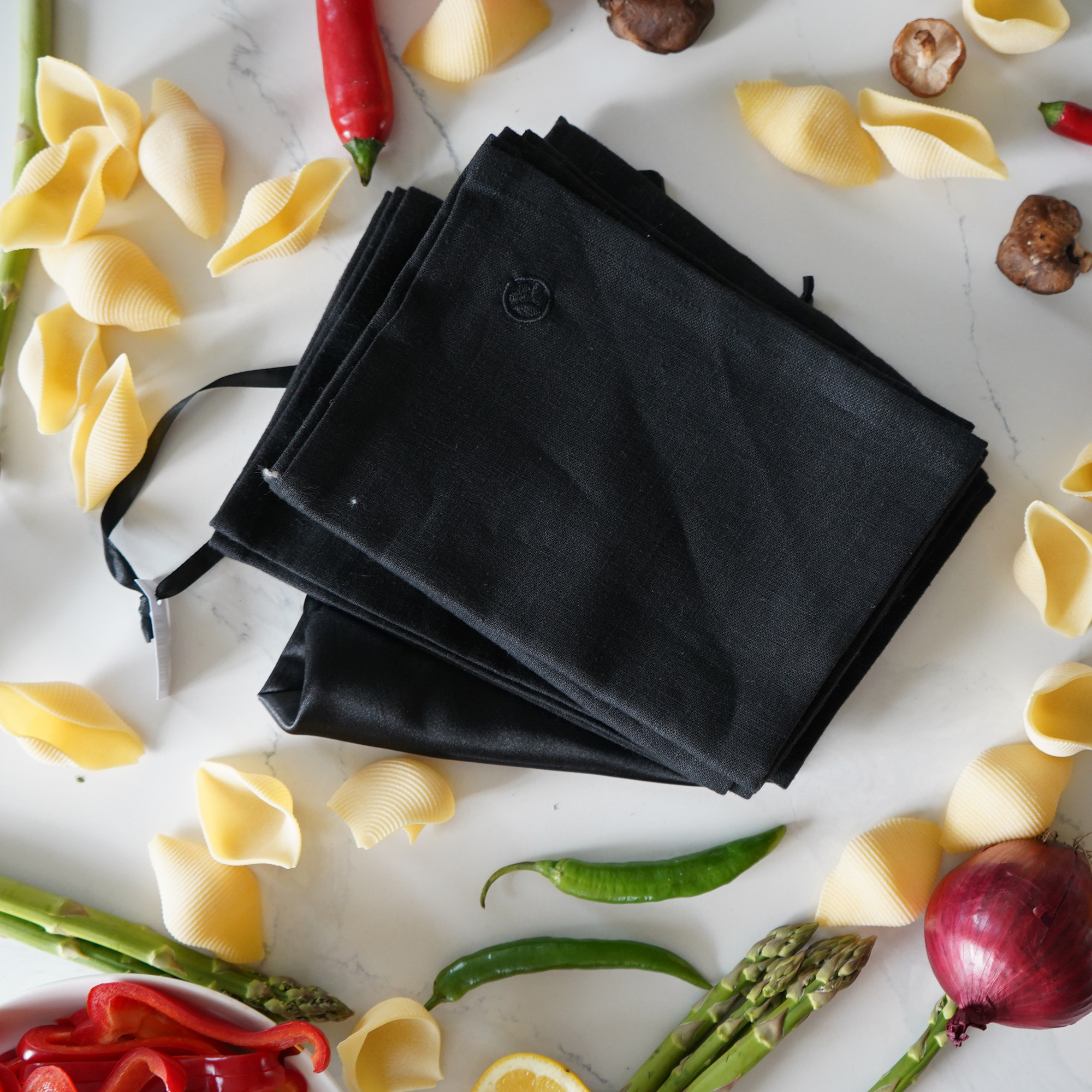
Anyone who loves to cook knows that in order to get the tasty dish, you first need to get your hands dirty. This means a high-quality linen apron is a must to keep your clothing stain-free, no matter if it’s a favourite t-shirt or simply sweatpants. But with washing, how can you keep your favourite kitchen accessory in the best shape possible? Fear no more. Here is a short kitchen linen care guide with simple instructions that you can apply to your linen apron and other linen accessories to make them last for many years;
- It’s enough to wash your kitchen linen in 40 oC / 100 oF water. For heavier staining, treat your linen in up to 60 oC / 140 oF water, but avoid doing so often as the hot water can make the fabric wear faster or shrink.
- You can tumble dry linen at a low temperature or simply hang it and leave it to dry naturally.
- Don’t let the heavy stains (blood, wine etc.) dry in for too long. It is best to wash your kitchen aprons and kitchen towels regularly and as soon, as they are stained.
- If you use bleach on white linen, make sure that it is gentle, oxygen-based, and not a chlorine-based bleach as the latter might damage the fabric.
- Always take your kitchen linen out of the washing machine as soon as the washing finishes, to prevent heavy wrinkling and musty smell.
- You can iron your linen kitchen apron, but you don’t need to. If so, it’s best to do so while the fabric is still damp.
How to remove the most common stains from your kitchen linen?
Sizzling oil, splashed tomatoes, squished fresh berries, or drops of coffee that’s way too hot. We have all seen this in our kitchens and so did our linen accessories. Faithfully saving our clothes and tables, they end up smeared and splashed with many tasty things, leaving us praying if will we ever get those stains out. Is it the end of our relationship with a favorite fabric? Relax, here are a few most common stains and simple instructions on how to clean them. Tested and confirmed by us and our grandmas:
- Coffee stains – A spill of this hot brew can be a tricky one to clean from your kitchen linen, but it can be done with simple ingredients you surely have at home: a mixture of dishwashing soap and vinegar. Leave it for 10-15 min and then wash off.
- Grease stains – Greatly feared by almost anyone who gets crazy in the kitchen, grease stains are not always as bad as you may think. Act quickly and use dishwashing soap to do the hard work.
- Berry stains – Did you know that scary looking berry stains can be removed from linen textiles simply with water? All you need is a boiling water and a little bit of patience.
- Red wine stains – Decided to make some ragu, si? A generous amount of salt will take care of wine stains on your linen fabrics while you can enjoy your dinner in the meantime.
- Tea, juice, soda stains – These nasty colorful beverage stains can be removed from your linen with the help of a cold water.
Enjoy cooking!
